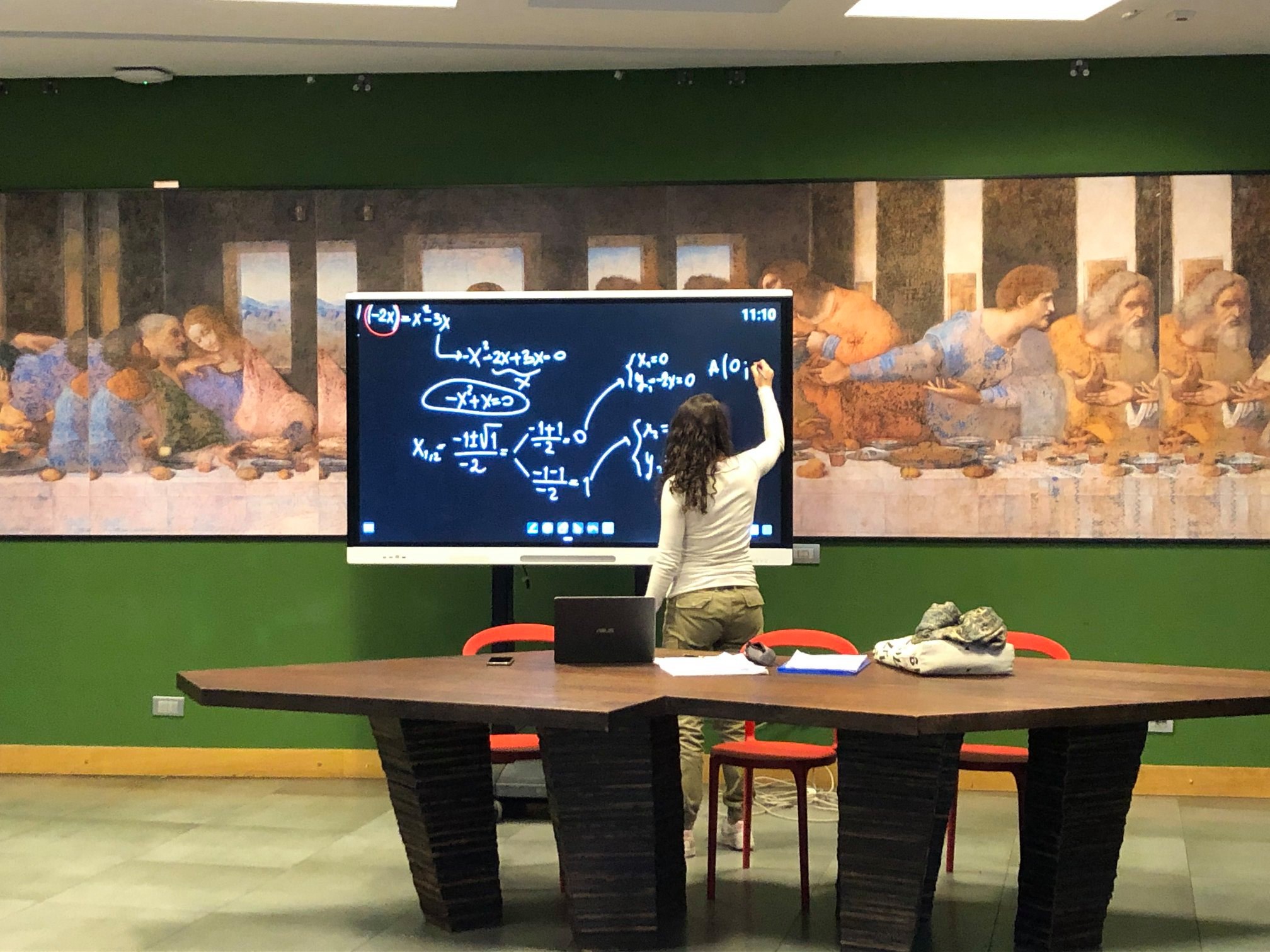Covid-19 crisis represents, with no doubt, a terrible threat to our health, social life and economic welfare. Notwithstanding this, as every problem, it can play an important role in stimulating our systemic and personal resilience. In this article, the experience of Cometa Formazione and IATH Academy has been described in terms of practices and actions to cope with this crisis, trying to still pursuing their model of “Inclusive Excellence”.
(Article published on the EfVET Magazine for Professionals – issue June/2020)
For Cometa Formazione VET school and for many other centres in Italy, Covid-19 let current and new problems emerge, urging a faster and more effective solutions to, often endemic, conditions of the VET system.It is possible to mention at least 4 elements:
- Updating VET curricula in terms of contents and skills: companies and society are experiencing a dramatic paradigm shift in terms of technologies, activities and rules. The relevance of some skills, namely digital, are paramount, as well as the knowledge of how production of good and services have to change to cope with the new safety code.
- New didactic methods have to be implemented, including digital and blended classes. It is not just a change of “environment” from a physical to a virtual one, because it implies new educational practices to keep fostering the interest, the attention and the participation of learners in a virtual space.
- Equity and well-being of the VET community (trainers, learners, staff) are becoming a major issue in the daily management of VET services to leave no one behind. Access to web or to devices is crucial but not for granted for everyone. The emotional storm affecting people as single persons and community, have highlighted the relevance of social-emotional learning and life skills for a complete human development. Without well-being there is no effective learning, as this crisis has shown us.
- TVET centre has to activate an interplay among the many actors of the VET ecosystem: during this crisis and even more later, it is important to collaborate with the business sector, the policy-makers and the community (families first of all) to cope with the many emerging challenges. In the last months, the opportunity of this interconnection among actors has been more evident than ever.
In connection with the challenges mentioned above, there are some examples emerging from the daily practice of Cometa VET school and IATH Academy. In terms of re-thinking curricula, since May our HVET college IATH has promoted a program of webinars, “Summer Live IATH 2020”, offering its students and Alumni the opportunity to meet international managers and professionals from the Tourism sector. They are invited to share their experience in managing this crisis and planning the future post-Covid, in order to give the learners insights and suggestions to be ready to enter the job market.
IATH and Cometa Formazione, since February 24th, have immediately shifted their training online. As mentioned, it is not just a change of training environment, but it affects trainers’ practice. As soon as online classes were introduced, every day, tutors have been active in welcoming the learners on the platform, checking for those not connected, supporting learners and teachers during the lectures. Teachers have promoted online meetings with experts (e.g: during science class, learners met one of the most important scientist of Northern Lights), to stimulate learners’ interest. Similarly, at IATH, students of Digital Marketing have realized, as their own project work, an integrated tourism marketing plan for the Lake Como area. On April 30th, the launch of the plan was broadcasted by the students themselves and the faculty, with the online presence of the most relevant stakeholders in the local and regional ecosystem.
In terms of equity and well-being, it has been clear very soon learners’ emerging need of a sense of happiness. The first action played by tutors was to stimulate this need proposing discussions or ad hoc activities. Some tutors proposed learners to keep a diary to take note of the emerging worries or fears. Then, together, they face them and try to support each other working on learners’ awareness (who am I? what can I do for the community?). An even stronger support than usual was due to keep working on learners’ motivation, with all due flexibility and possible creativity: weekly, 2-hours web sessions on specific topics were organized, including phylosophy (to stimulate life skills and SEL), dialogues on social awareness, group working on news and fake news, among the others.
Collaboration is crucial outside and inside the VET centre. It has been immediately evident how trainers could not manage this crisis alone. Team-working and coordination is essential to share positive events or problems emerging with learners, colleagues and, also, at personal level. Ad hoc meetings among trainers, tutors, and with families or companies was great to cope with the emergency together and more effectively.
In conclusion, Covid-19 is clearly teaching us the relevance of a new value proposition in education and training, where we have equity and well-being and not just employability. The great role of our trainers and tutors in updating methods and contents, but also the need of an ecosystemic approach where multiple actors have to play their responsibility. And, finally and most importantly, that we need to foster a new attitude: what we need is not just “changing something”, rather “being able and ready to continuously change”, together.

